Polypropylene rugs are great for high-traffic areas because they remain soft and lush even after taking a beating. Because they are made from synthetic fibers, they are also easier to clean than some natural-fiber rugs.
But, before you buy one, you’ll want to know more about them. What are they made from, how are they woven, and what are their drawbacks? You’ll also want to know where to put them to make the most of their qualities.
By the end of this article, you’ll feel more confident about buying a polypropylene rug for your home.
In This Article We'll Discuss
What Is a Polypropylene Rug?
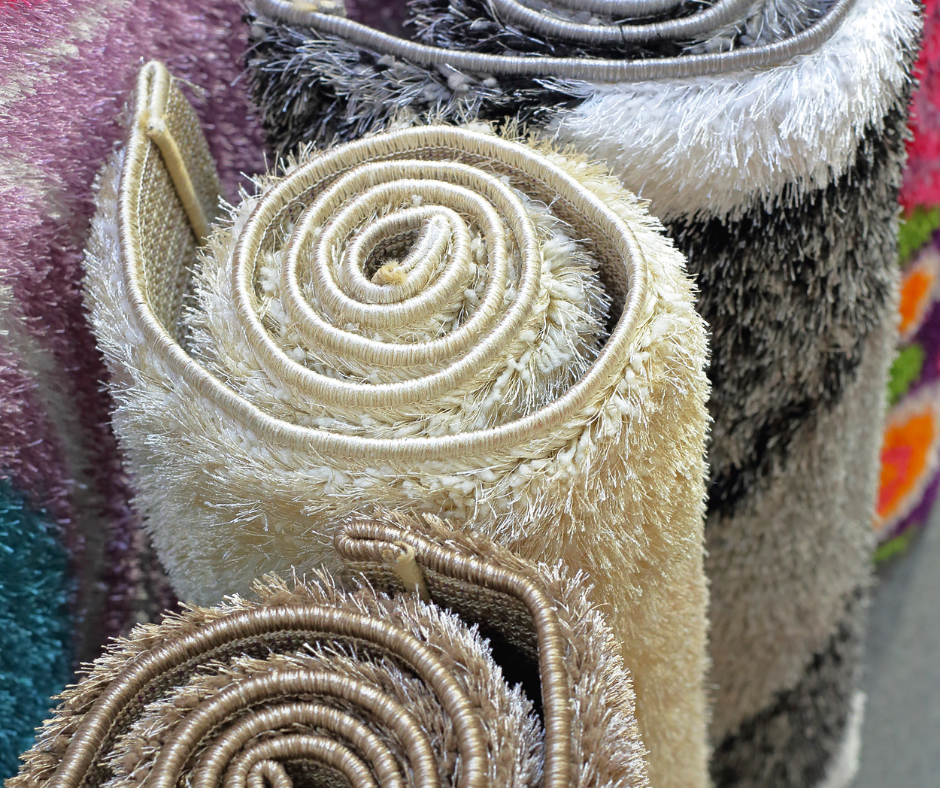
Polypropylene thread is made from a synthetic resin that is used for a variety of things— from clothing to artificial grass. It is especially used in outdoor applications because it’s resistant to mold, repels insects, and is waterproof.
Rugs made from polypropylene are popular for those reasons and because they’re affordable and easy to recycle.
Polypropylene Rugs Pros and Cons
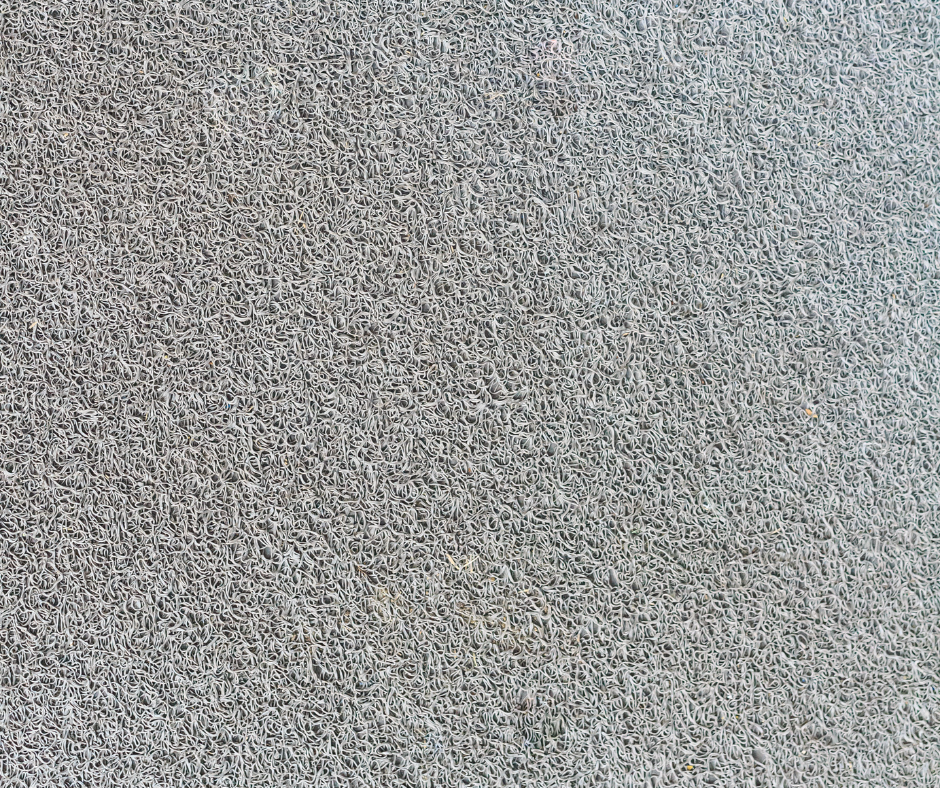
While polypropylene rugs are popular, they aren’t always the right choice. Knowing their strengths will go a long way in terms of deciding if one is right for your room. Here are some pros and cons.
Pros: They are affordable and stain-resistant, so they are easy to clean and cheap to replace. They also feel as soft as wool. They are a good choice for outside settings because they are waterproof and resistant to mold and mildew.
Cons: While they resist staining, getting oil-based dirt out of them is a chore. Direct sunlight causes their colors to fade quickly and they can absorb heat. They also have a low melting point. In addition, they’re not a good choice to go over a hardwood floor.
Is Polypropylene a Good Material for Rugs?
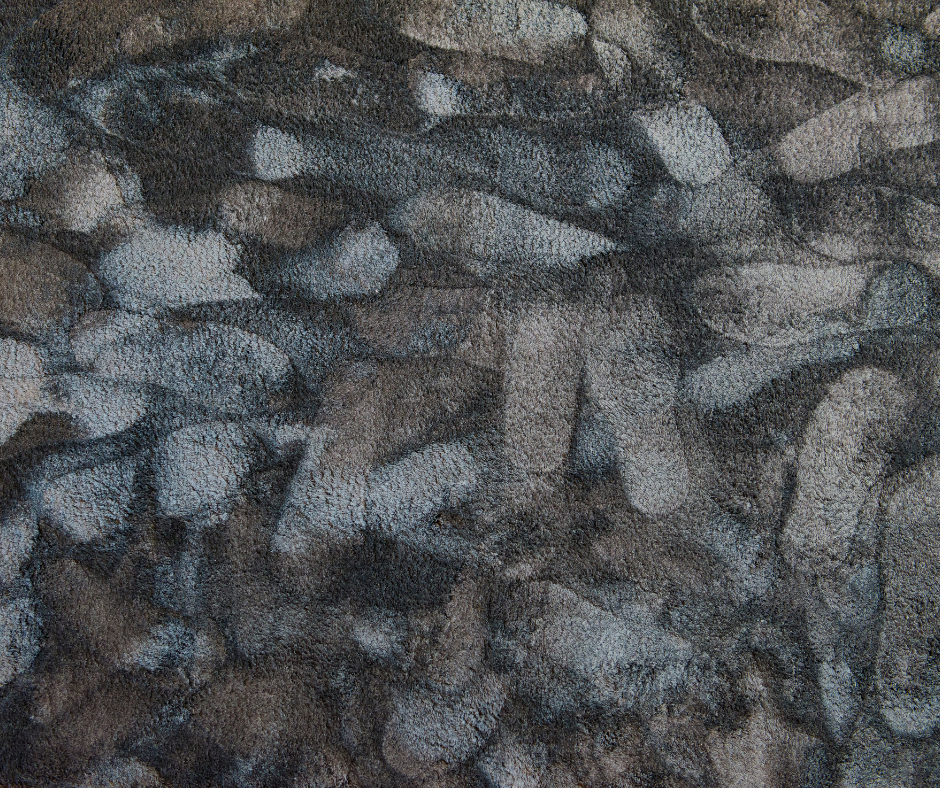
When woven tightly, polypropylene rugs can withstand foot traffic without falling apart. Because of that, and because they’re relatively easy to clean, polypropylene is an excellent material for rugs.
One note of caution, however, is that the chemicals used to make them can react with some hardwood floor finishes. And, that can cause a patterned stain to appear on your floor. Be cautious with a polypropylene rug placed on a hardwood floor.
How Long Do Polypropylene Rugs Last?
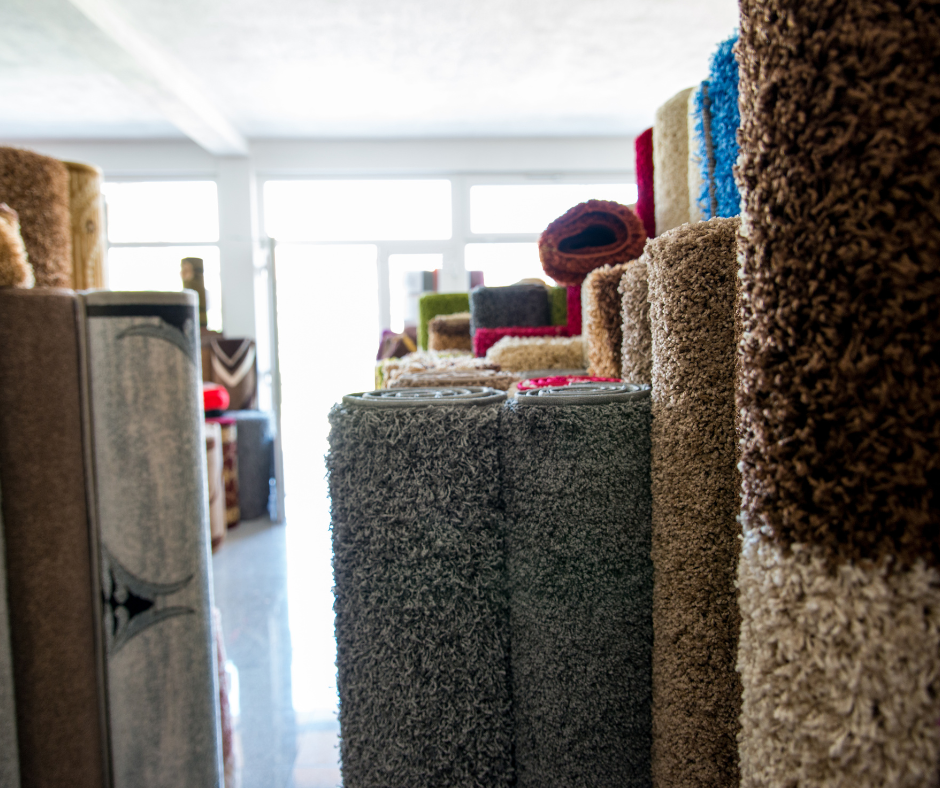
Synthetic rugs have a shorter lifespan than most natural fiber rugs. There are antique wool rugs that are more than 100 years old and rugs that are 50 years old are pretty common.
By contrast, most synthetic rugs last 3-5 years. Fortunately, they are easy to recycle and cheap to replace.
Do Polypropylene Rugs Get Hot in the Sun?
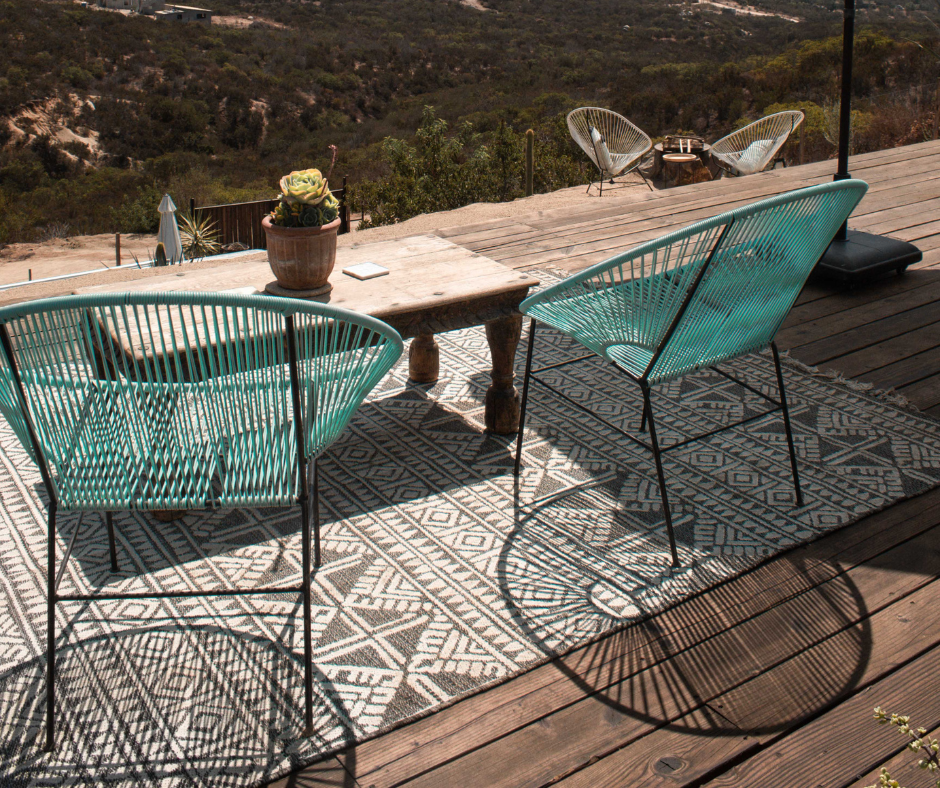
One drawback to synthetic rugs is that they absorb heat if left in direct sunlight. That is also true for polypropylene, although polypropylene doesn’t get nearly as hot as other synthetic fibers.
One thing to remember is that polypropylene has a low melting point, so if it gets warm it can melt.
Do Polypropylene Carpets Cause Static?

Static electricity is a major issue with some synthetic fibers, and polypropylene was developed in part to address it. Polypropylene still causes static, but not nearly as much as synthetic fibers like nylon or polyester.
How Long Do Polypropylene Rugs Off-Gas?
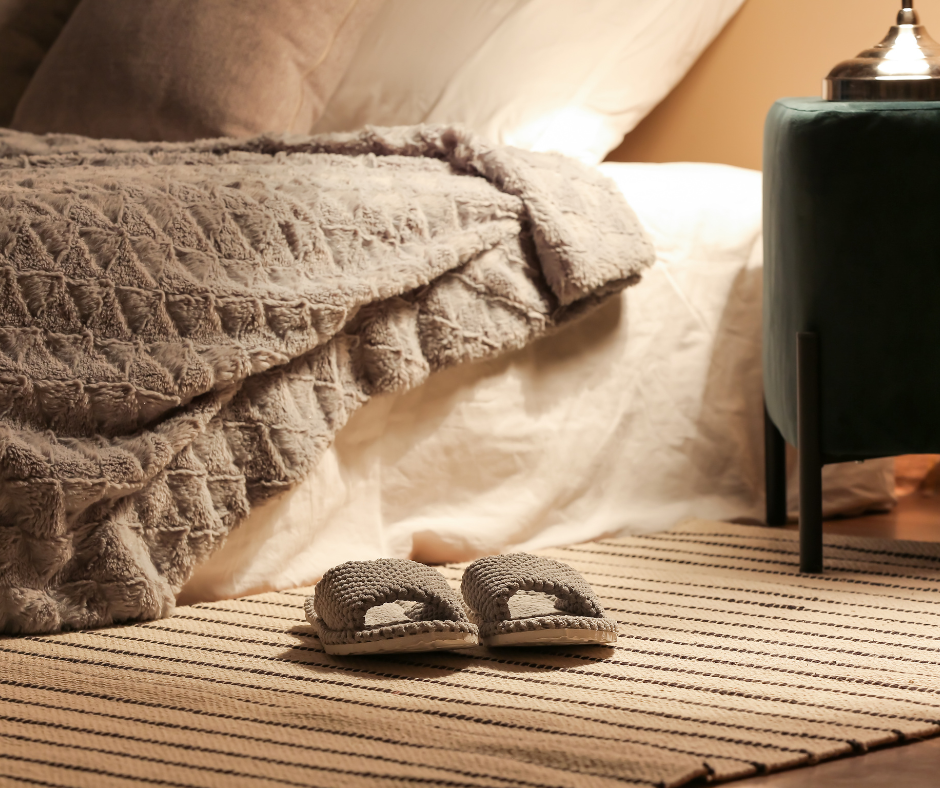
Off-gassing happens when laminates or other chemicals used to make furniture leak fumes. In high enough concentrations, it can cause breathing issues. You may even notice the odor.
Most off-gassing takes place within a few days of bringing something new into your home. It’s a good idea to place a new polypropylene rug in a well-ventilated area for five days to get rid of the majority of the fumes.
If you’re placing a polypropylene rug outside, it’s not something you’ll need to worry about. You would have to be in a confined room for a long time to start experiencing symptoms.
Is Polypropylene Material Soft?

Polypropylene is a popular synthetic material in athletic clothing for a few different reasons. One of them is that it is soft enough to be comfortable. The reason for that is that polypropylene is very pliant. It bends easily and bounces right back.
Rugs made from polypropylene have this same quality. They are soft enough to lay on and aren’t easily weathered.
Do Polypropylene Rugs Smell?

Polypropylene rugs can give off an odor when you first get them home. This odor is caused by off-gassing, which happens when fumes leak out of furniture or new carpet. The best way to address this is to put a new rug in a well-ventilated place for several days.
While polypropylene rugs are stain-resistant, oils can dirty them. If you have an older polypropylene rug that has started to smell, it might be an untreated dirt stain.
Do Polypropylene Rugs Shed?
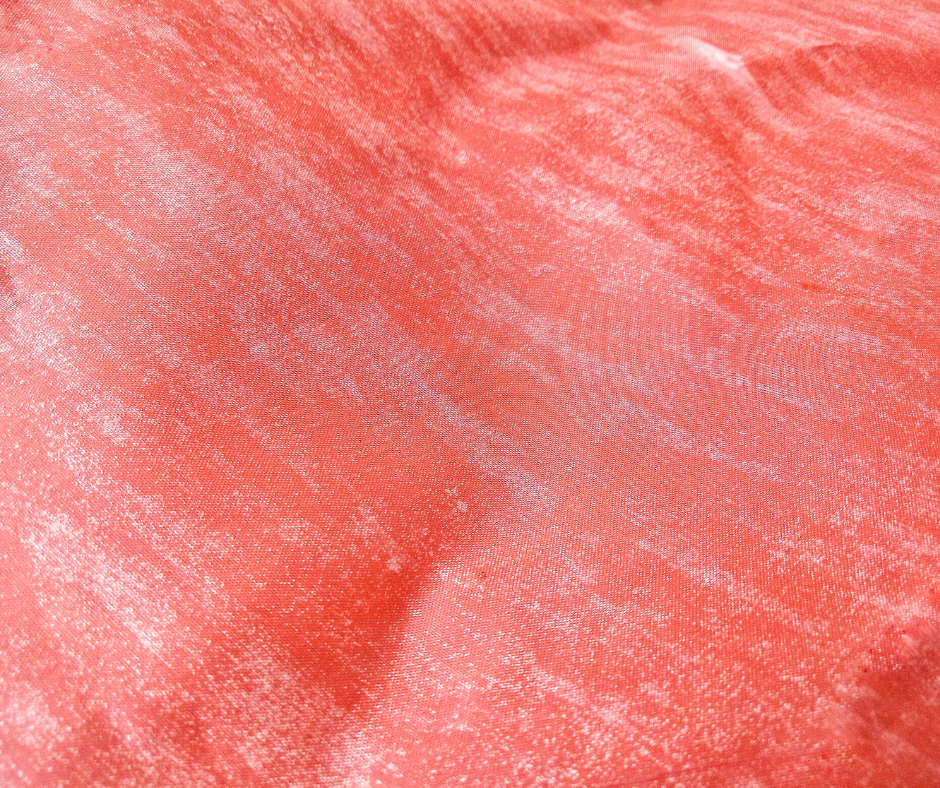
Man-made rugs can shed fibers much more easily than natural fiber rugs, but polypropylene is less prone to it than other types of synthetic threads.
Polypropylene rugs placed in higher traffic areas are more prone to shedding than rugs placed in quieter parts of the home. Also, as a polypropylene rug gets older, it is more likely to shed.
Are Polypropylene Rugs Waterproof?
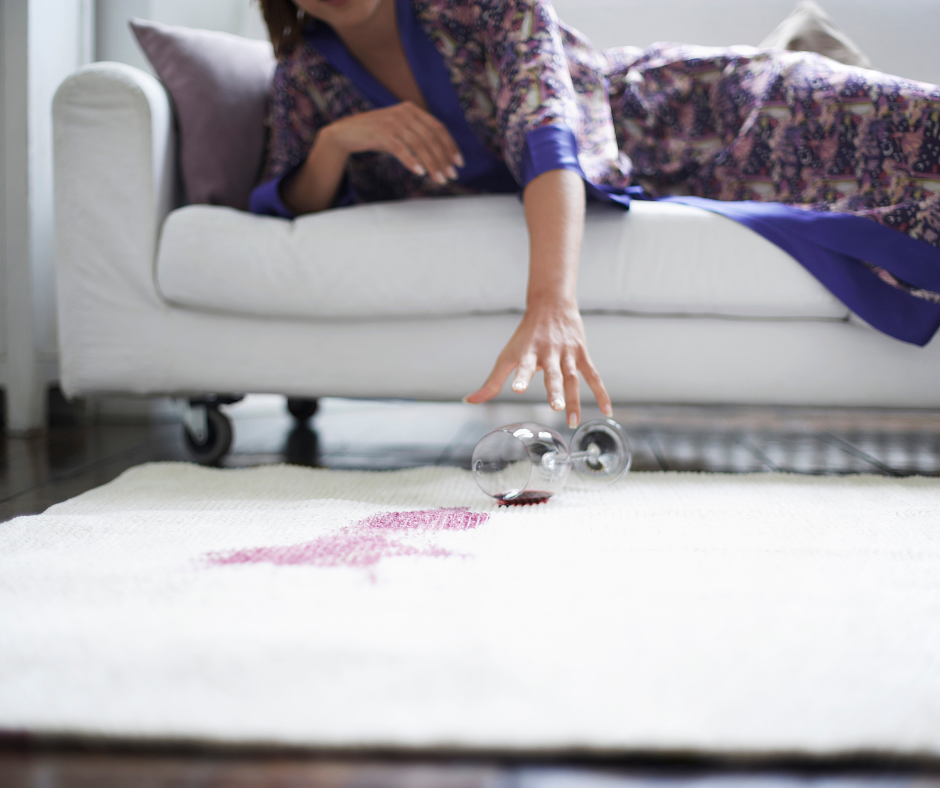
One thing that makes polypropylene rugs suitable for outside use is that they don’t absorb water easily. This also makes them resistant to mold.
Some water could seep through the weave and dribble out underneath it. So, while they may not necessarily fit the definition of waterproof, they’re definitely highly water-resistant.
Conclusion
Polypropylene rugs are a popular choice because they are affordable and can be easy to care for. Because they are water-resistant and resistant to molds and insects, they’re a great option for outdoor rugs.
However, they can also be easily dirtied with oils and don’t go well on hardwood floors because the chemical used to make them can react with some finishes. You’ll want to avoid putting them directly on hardwood floors.
There’s a lot to know about polypropylene rugs and you should feel better informed after reading this article. If you do, we’d love to hear about it in a comment below. You can also share this article on your social media networks.

